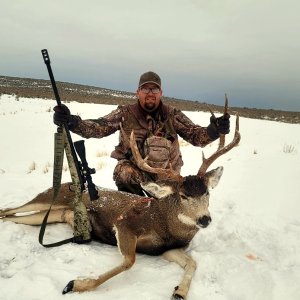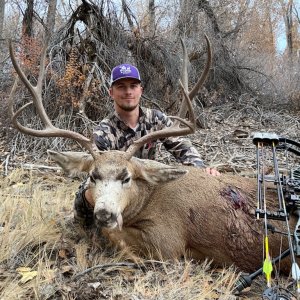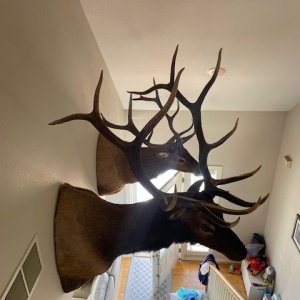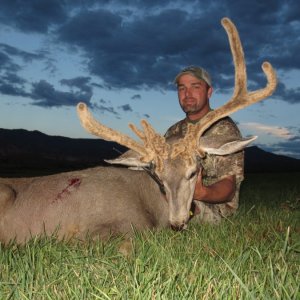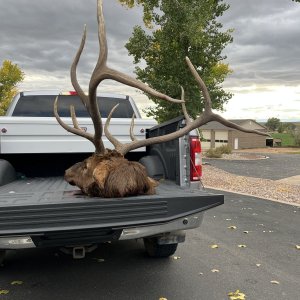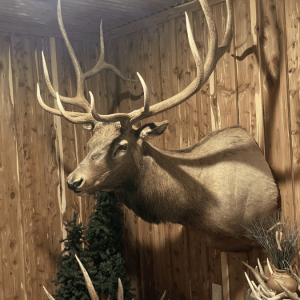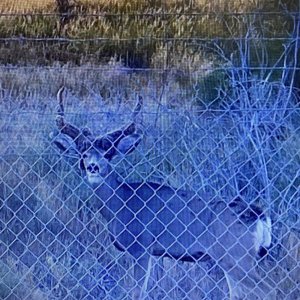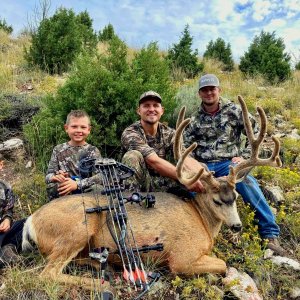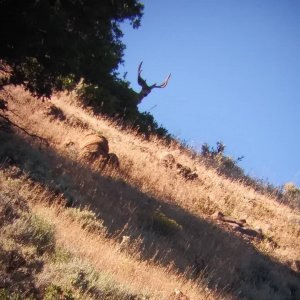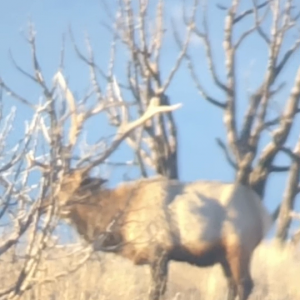LAST EDITED ON Oct-08-11 AT 08:58AM (MST)[p]Its hard to know what you're doing wrong if we don't know what you're doing. Give an example of your average hunt.
I'm spitballing here because I don't know what you are doing now but... when I see guys having little success year in and year out its because they aren't changing things up. BUT... I can't imagine after 20 years that you haven't tried to change things up. The first thing that comes to mind is glassing. If you spend more time on your feet than on your butt, you're gonna see less animals. If you're hunting bull elk with a rifle after the rut, glassing is essential.
Do you feel rushed on a hunt? Its never mentioned but its something I've dealt with. We get into a groove in our daily lives that makes us want to be in a hurry all the time. When we get in the feild, that feeling stays in our head. Have you ever been driving on a dirt road on the way to your camp site and get behind a big trailer and get frustrated? You even think of passing him. SLOW DOWN, there's no hurry! Thats when you know you need to go on a walk and just "be". Get your brain to change gears, down shift, hit the breaks. Its usually takes me between 1-3 days to slow down after being in my "city/work" groove. Once you do that you'll notice you senses become more accute. You hear more, see more and smell more. If you don't change gears you'll get out on your hunt and your brain will still be in a rush. You won't hear or see near as much. You could be doing everything right but if your mind is in city mode, you'll miss 90% of whats going on out there.
If you want a signed copy of AZWALKER's "Zen Hunting" send an e-mail to
BuddahWalker@FullofSh!t.org. Other titles include "I broke my chee at 50 yards... Zen Bowhunting" and "Long Range Zen... shooting in Yoga positions"
All joking aside... try what I mentoined, I promise it will help. If you don't see more animals and have more success at least you be relaxed!
"The deadliest weapon in the world is a Marine and his rifle." General John J. "Black Jack" Pershing, US Army
"Most men go through life wondering if they made a difference, Marines don't have that problem." President Ronald Regan


